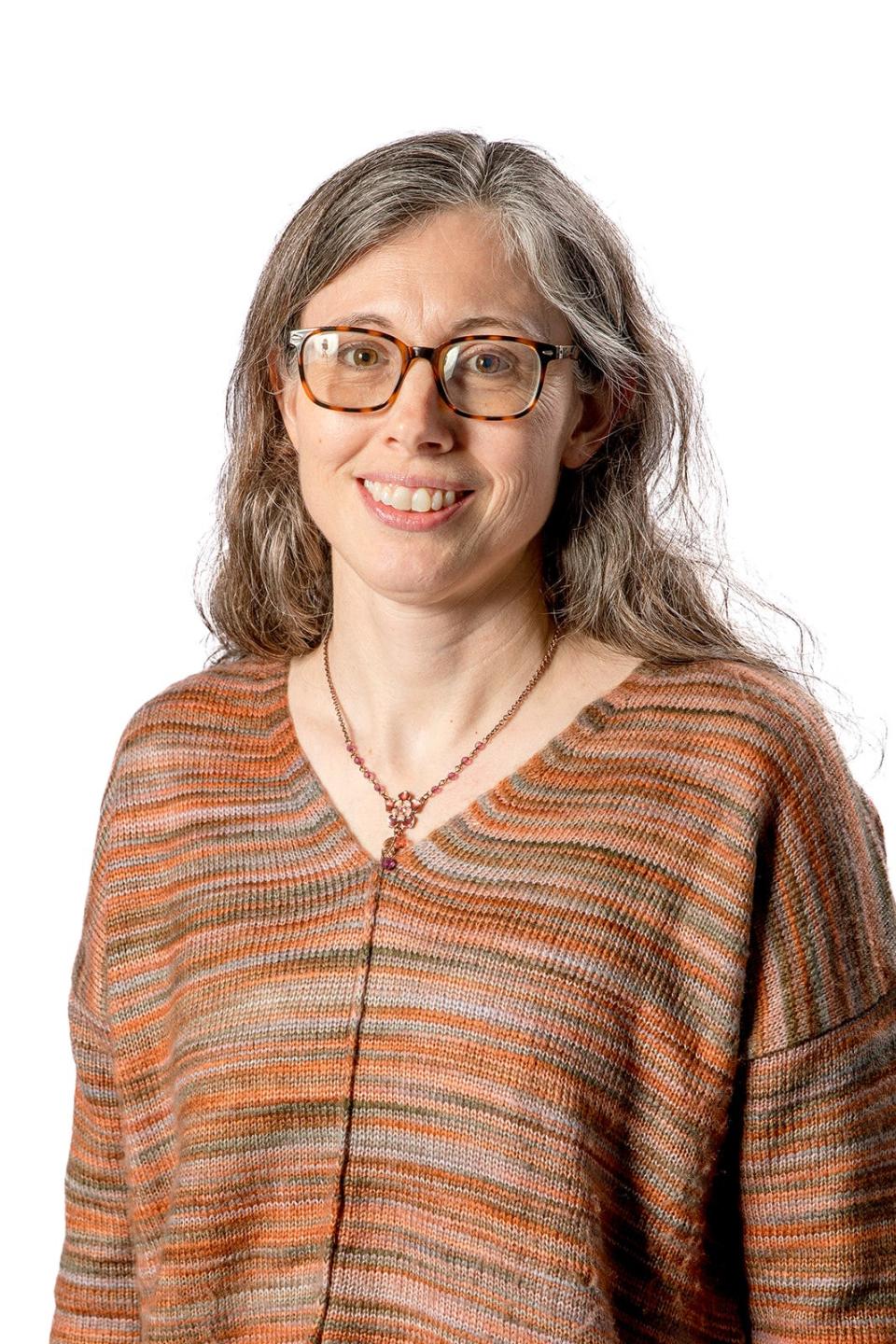Ashland Memories: Freer family had Rowsburg roots
Jonas and Randolph Freer became prominent in the Ashland business community and as founders of the Farmers Bank. They came from a farm family of 18 children.
Jonas was born in 1817 and his brother, Randolph, was born in 1827. Both came to Ashland county about 1836, where they settled just west of Rowsburg on a 40-acre farm. Randolph had a twin brother who died at age 11 while working in a brick yard.
Jonas married Mary Bridger in 1839, with Squire Allison performing the ceremony as justice of the peace in a cornfield.
As later described by Will Duff, this wedding happened on a beautiful September day. Squire Allison was out cutting corn with his 10-year-old son when they heard the dinner bell calling him to perform some justice of the peace duties.
Leaving the boy (who grew up to become a US senator from Iowa) to continue working in the field, the Squire went to see who needed his services.
He found 23-year-old Jonas Freer hoping to get hitched to 19-year-old Mary Frances Bridger. Because he didn’t need to change out of his work clothes, the Squire only charged a half dollar, but Jonas paid the customary dollar. The wedding party of four — the couple, the bride’s sister, and the groom’s cousin — then drove into Ashland for a wedding supper at the old Finlay tavern.
After his marriage, Jonas kept a hotel and tavern in Rowsburg for four years.
He also went out on the road to sell the fanning mills manufactured by the Freer family. By the time Jonas and Mary moved to Ashland in 1849, Jonas had accumulated about $2,500 through hard work and saving.
When Jonas moved to Ashland, he invited his younger brother to join him in business. Randolph scraped together $300, and the brothers bought into Eli Wallack’s grocery store.
The J&R Freer firm, formed in 1853, flourished in the grocery business for several years and then expanded into the hardware business.
Randolph married Harriett Smith in 1854, and the couple had four sons: Frank, Charles, Walter and George. Frank and Charles would eventually go into business as the Freer Brothers clothiers.
As a young man, Randolph drove four- and six-horse teams as a stagecoach driver and a teamster. He drove wagonloads of goods between Cleveland, Massillon, Milan and other places. He later recalled these “good old days” fondly. In 1863, he lost his left leg in a farming accident.
In 1864, the Freers branched out into the grain and produce business, establishing a warehouse near the railroad tracks.
Banking emerged as a byproduct of these ventures. Farmers would often entrust their cash to the Freers to keep in their safe as a casual arrangement. The Freers formally established the Farmers Bank in 1874.
Jonas and Mary Freer did not have any children, but Mrs. Freer served as foster mother to nine children. One of the children they adopted was Lovina Markley, who they took in after her mother died.
Lovina married Captain John Duff, a Civil War veteran, in the Freer home on Center Street in 1869. In 1872, she gave birth to Will Duff, a journalist and prominent Ashland historian. After Lovina died four years later, Will Duff also grew up in the Freer household.

Mary Freer’s impact on children continued beyond her death. Her will provided for one of her farms to be made into a county children’s home. The home is still there, surrounded by some acreage now known as Freer Field.
This article originally appeared on Ashland Times Gazette: Ashland Memories: Freer family had Rowsburg roots

